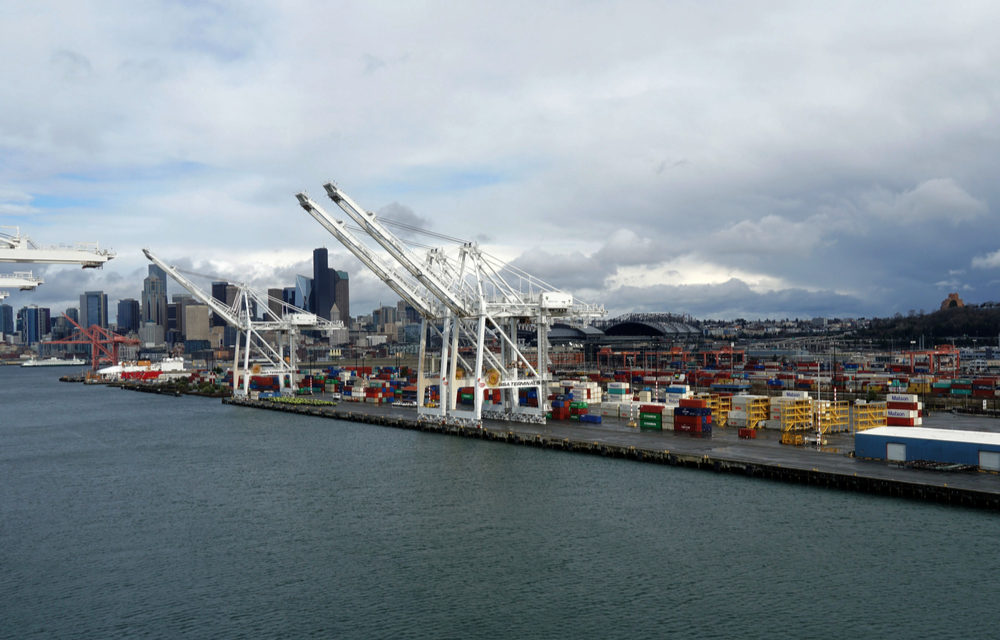Carriers this year have launched four new trans-Pacific services to the Northwest Seaport Alliance (NWSA) and two to Oakland as they attempt to relieve some of the pressure on the congested ports of Los Angeles and Long Beach.
The ILWU said training more longshore workers to handle yard equipment in Oakland is essential. “It’s the employers’ turn to step up and hire, train, and order sufficient numbers of longshore workers to move cargo around the clock, as our contract allows,” Frank Ponce De Leon, ILWU coast committeeman, told JOC.com. “We’re not the problem; we’re the solution.”
Cam Williams, ILWU coast committeeman in the Pacific Northwest, said the ILWU has encouraged employers to hire and train more workers so there will be enough trained longshoremen to handle all the cargo that will arrive during the upcoming trans-Pacific peak shipping season.
“That said, no amount of hiring at the docks will address the supply chain problems that need to be solved in order for us to move cargo out of our ports, including the packed inland warehouses and distribution centers, railcar shortages, and chassis issues that have continued for years,” he said.
Similarly, Northwest Seaport Alliance director John Wolfe emphasized that many of the congestion issues faced by the West Coast gateways today stem from vessel capacity and equipment shortages throughout the international supply chain, starting in Asia and extending to the inland rail hubs in the US.
“These issues are driven by the fundamentals of the supply chain that are broken,” Wolfe said.

